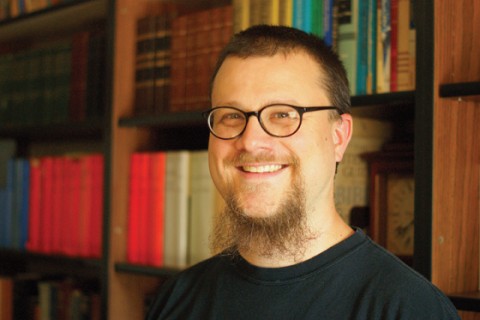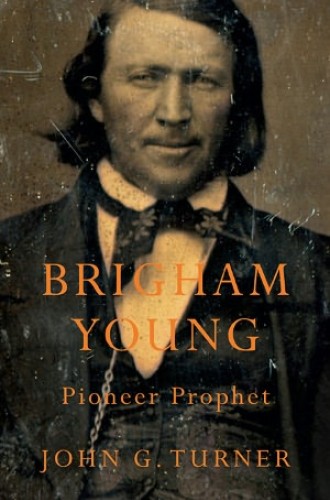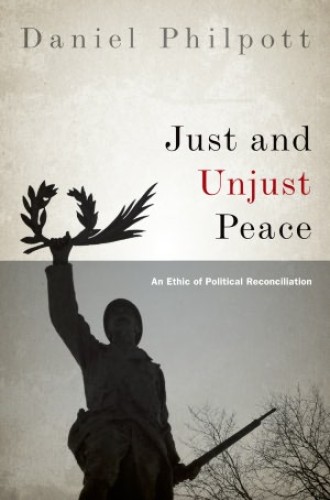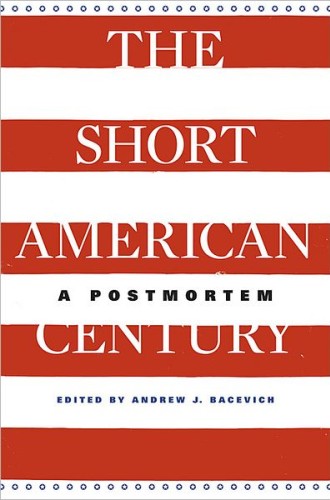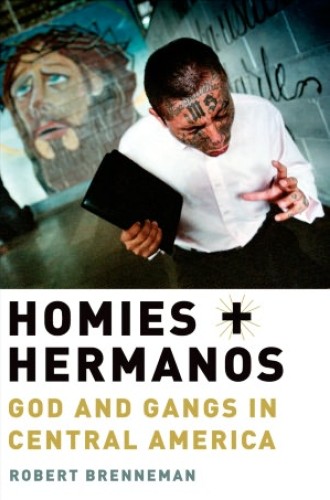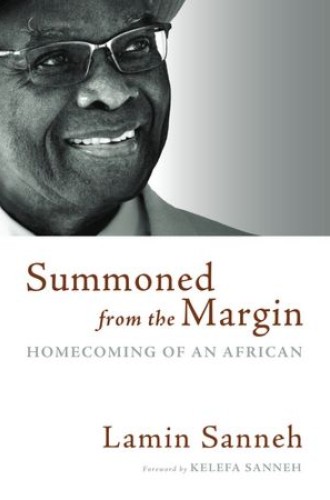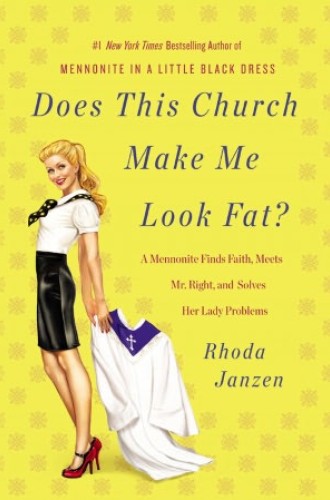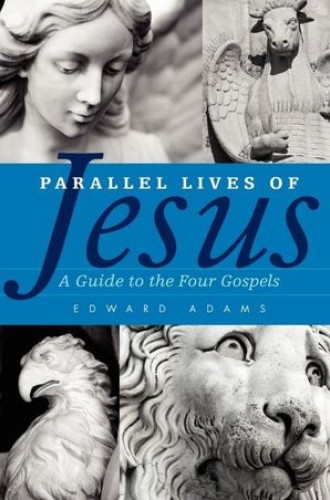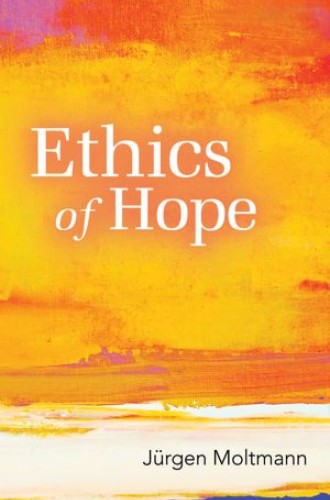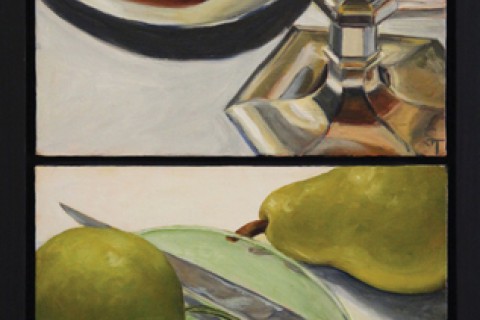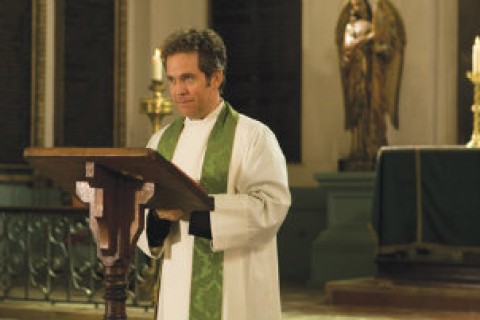Features
Fall books: Reviews
Closed for business: The fight against human trafficking
The reading congregation: Editor Christopher Smith
Take & read: Fall books
Reading habits: Fall books
Fiction chronicle
Baptist again: Going back to church
Saved by fiction: Reading as a Christian practice
Books
Canada, by Richard Ford
Inheriting Abraham, by Jon D. Levenson
Brigham Young, by John G. Turner
Practical theology

Books as guides: Fall books: Reading habits
Just and Unjust Peace, by Daniel Philpott

Surrender to fiction: Fall books: Reading habits
The Short American Century and The World America Made
World Christianity & American religion
Summoned From the Margin, by Lamin Sanneh
For the last three decades, Lamin Sanneh has been a reliable and perceptive guide for those of us trying to think through interfaith issues, rethink missions and understand Christianity in its global reach. When I discovered Sanneh, I found his angle on Islamic/Christian conversation to be a provocative and refreshing relief from some of the fluff we were getting on that topic. Sanneh’s was also the first voice I heard to renovate the commonly accepted negative view of Christian missions.

Reading to write: Fall books: Reading habits
My writing life has become increasingly dependent upon my reading life, so much so that I generally begin my writing day by reading a new or newish volume of poetry (or the occasional richly textured work of fiction).
Does This Church Make Me Look Fat? by Rhoda Janzen
"Isn’t that an off-brand religion?” One of my son’s soon-to-be-relatives asked this question when he was introduced as having grown up in a Mennonite family.
If Mennonites are off-brand to many Americans, then Pentecostals might be known as firebrands. The average person knows very little about either faith. Rhoda Janzen, who has moved from the former to the latter, brings awareness to both.
New Testament

Daily patterns: Fall books: Reading habits
My daily reading is tethered to the rhythms of the sun. In the evening, there is the slow burn of the substantial book beside the easy chair, which I savor in small portions. Early mornings are marked by a different pattern.
Ethics of Hope, by Jürgen Moltmann
Here’s the thing about Jürgen Moltmann. Almost everything he says, you feel you’ve read somewhere before. Now there could be two explanations for this. One, that he’s a creature of fashion: that, like everyone, he speaks out on the environment; on the analogy between the discourse on human rights and the relation to soil, sea and sky; on justice for the oppressed; on God’s coming future. Or two, that he’s a creator of fashion.





